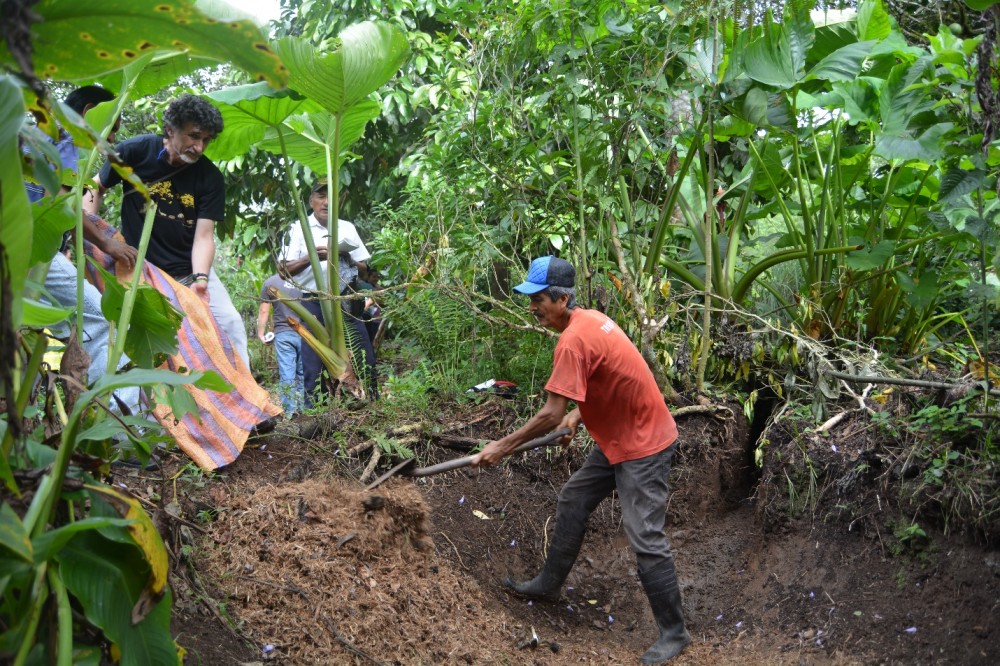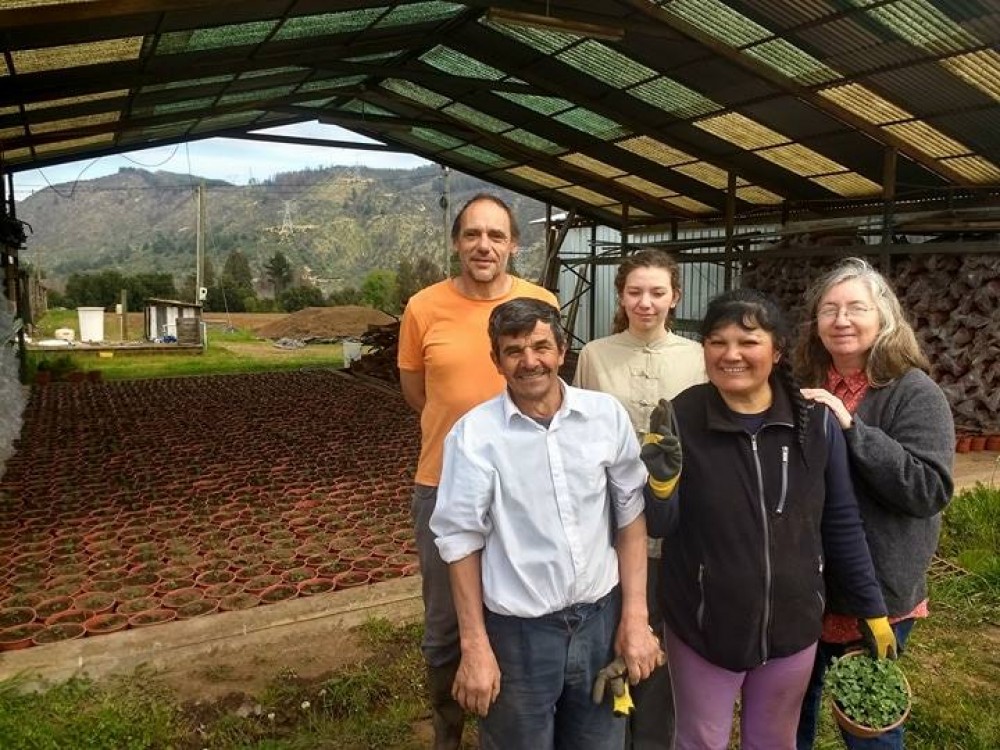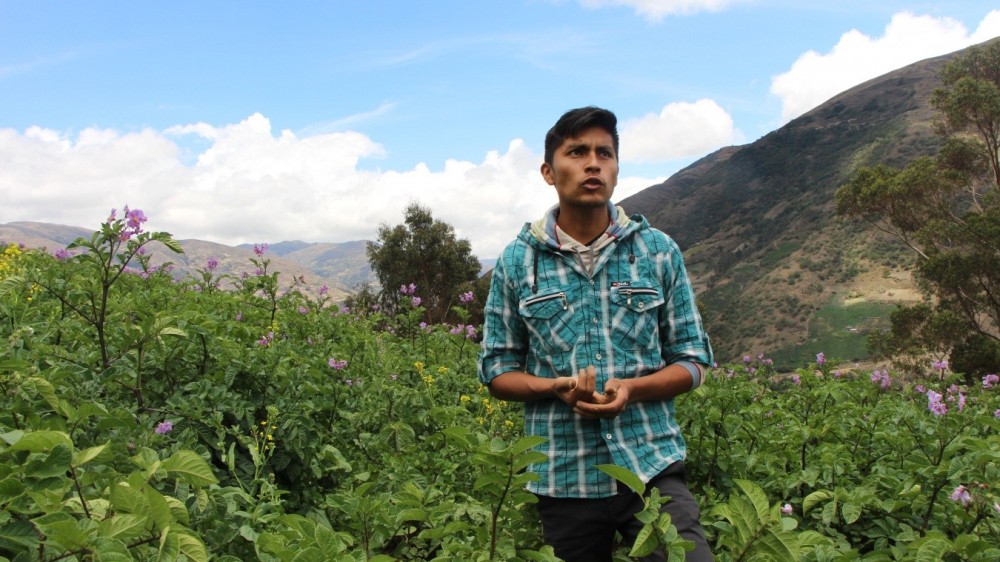Landeigenaren in Nationale Landschappen
Een verkennend onderzoek onder landeigenaren naar hun houding en gedrag ter attentie van Nationale Landschappen (NL). Hiervoor zijn 36 interviews gehouden met landeigenaren (agrariërs, terreinbeheerders, recreatieondernemers, landeigenaren en buitenlui) in acht NL (Achterhoek, Graafschap, Groene Woud, Hoeksche Waard, Noord- Hollands Midden, Noordelijke Wouden, IJsseldelta, Zuidwest-Zeeland). Agrariërs zien de NL-status als een kans om in aanmerking te blijven komen voor vergoedingen voor natuur- en landschapsbeheer.





